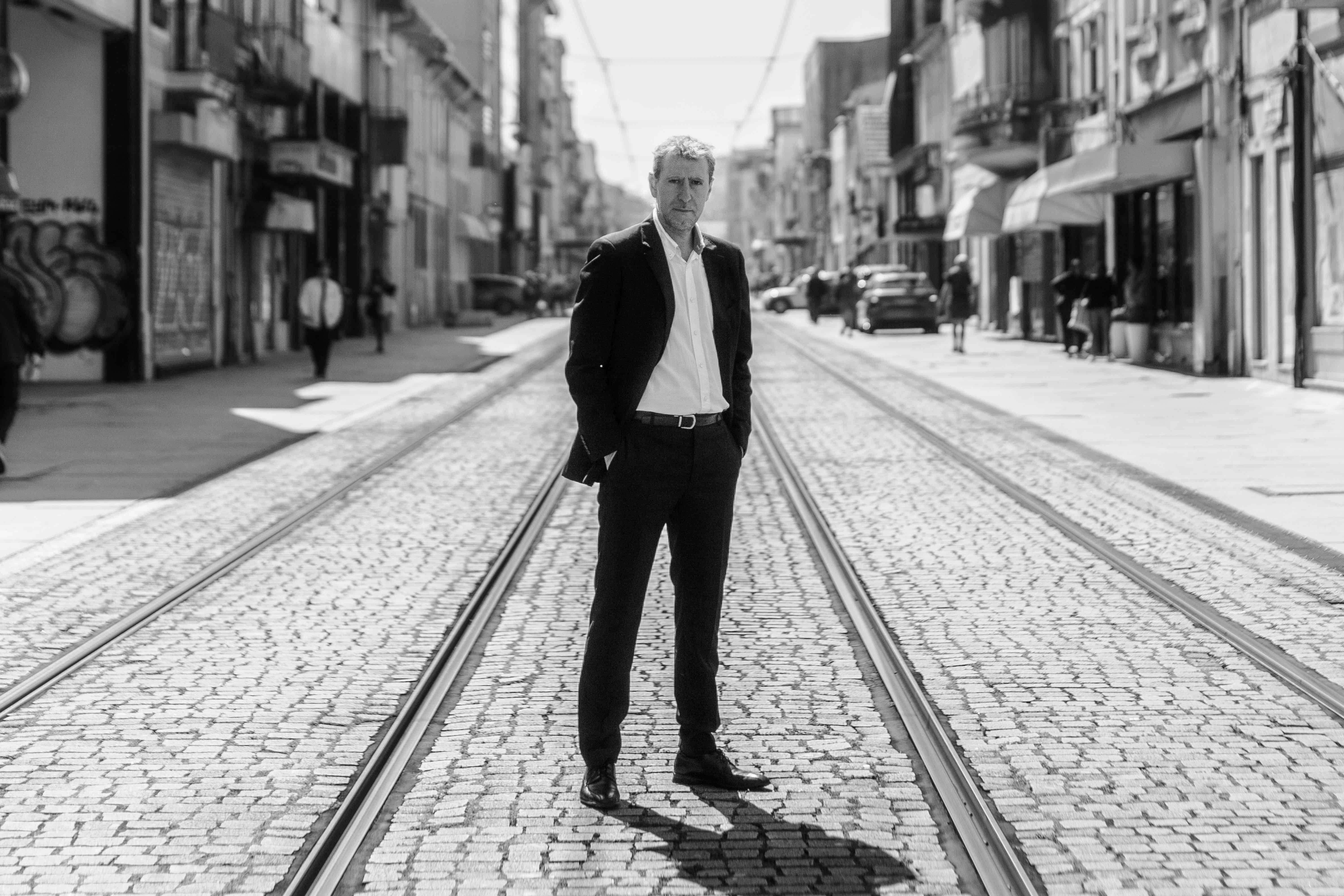
Latest information

Interview with David Barro, director of the Didac Foundation and advisor to the Design for Innovation and Sustainability Programme 2024 - Diferenza of the Galician Innovation Agency
Taking over from Italy and France, Galicia will be the focus of the 2023 edition of the Porto Design Biennale, the largest biennial design event in the Iberian Peninsula, which will take place in Portugal between October and December 2023, in recognition of the work being done by the Regional Government of Galicia to promote design through initiatives such as the Design for Innovation and Sustainability Programme 2024 - Diferenza and the work of the Fundación Artesanía de Galicia (Galician Crafts Foundation). The participation will be coordinated by David Barro, advisor to the Diferenza programme and director of the Didac Foundation, as curator of the guest country.
What opportunities will we benefit from as a result of being chosen as a guest?
When I was asked to be the guest country curator of the third edition of the Porto Design Biennale, the organisation and I proposed that this representation should focus on Galicia because it is of vital importance that Galicia and northern Portugal look to each other as they have done in the past, sharing common events and taking advantage of the excellence of the Porto Design Biennale and the good moment that Galician design is enjoying, with professionals of recognised prestige outside and inside its borders. The fact that Galicia stands out in an international event of these characteristics, with an external recognition that usually goes to regions such as Catalonia, the Basque Country or Valencia, makes this a historic opportunity from a strategic point of view and it could be an important turning point.
What are Galicia's strengths that have led to this invitation?
Firstly, the talent of our designers, who in recent years have enjoyed a visibility that is now bearing fruit. But this would not be possible without the involvement and effort of the Galician Government with design initiatives such as the Design for Innovation and Sustainability Programme - Diferenza, which I had the opportunity to actively work alongside; the promotion of Galician craftsmanship carried out in recent years; or the work carried out by the Galician Design Association (DAG) and institutions such as the Didac Foundation. The work of the design schools, which educate and communicate, is also important. It is therefore an opportunity and a milestone to strengthen the alliance between Galicia and northern Portugal from a strategic and creative point of view and, for sure, it will be a first step for the implementation of many more common initiatives that we are working on.
"Galicia. Processes and forms" is the name of the project that will be promoted at the biennial. As its curator, can you give us a preview of what it will consist of?
It is a project that takes inspiration from the current design in Galicia but also has a retrospective and prospective vocation, reflecting through exhibitions, workshops, lectures and a publication that will be co-published by the Porto Design Biennale and Experimenta publishing house, on the innovative achievements of design in Galicia in the past and the design processes that help build the future.
Galicia. Processes and forms traces a journey through the past, present and future of design from the perspective of Galicia, analysing, in the first case, the precedents of a series of paradigmatic companies in their commitment to design, showing pioneering examples in the fishing sector, in thermal tourism and in the commercialisation of water, in the pharmaceutical industry, in the automotive industry, in the textile industry or in telecommunications, to stop at the initiatives of Luís Seoane and Isaac Díaz Pardo with the creation of the Laboratorio de Formas and the recovery of Sargadelos as the main paradigm of design as a driver of innovation in Galicia. The story continues with some of the milestones of design in the democratic opening, to focus on the last two decades, when craftsmanship, design and innovation generate interesting intersections that allow us to value manual work from an updated perspective, respecting and reinterpreting tradition and addressing ecological issues and other collective problems.
The theme chosen for this edition was water, which is also closely linked to our Community in design and industry. Will it also play a leading role in the project?
Yes, you could say so. In Galicia, industry and design came from the sea, and the future must be thought of in relation to water and the sea, since the oceans are the mirror of what happens in the world and even more so if we think of the Atlantic condition of Galicia and Portugal; hence the relationship with water and the sea are the starting point and the end point of the story we want to tell, as well as other parallel projects we are organising.